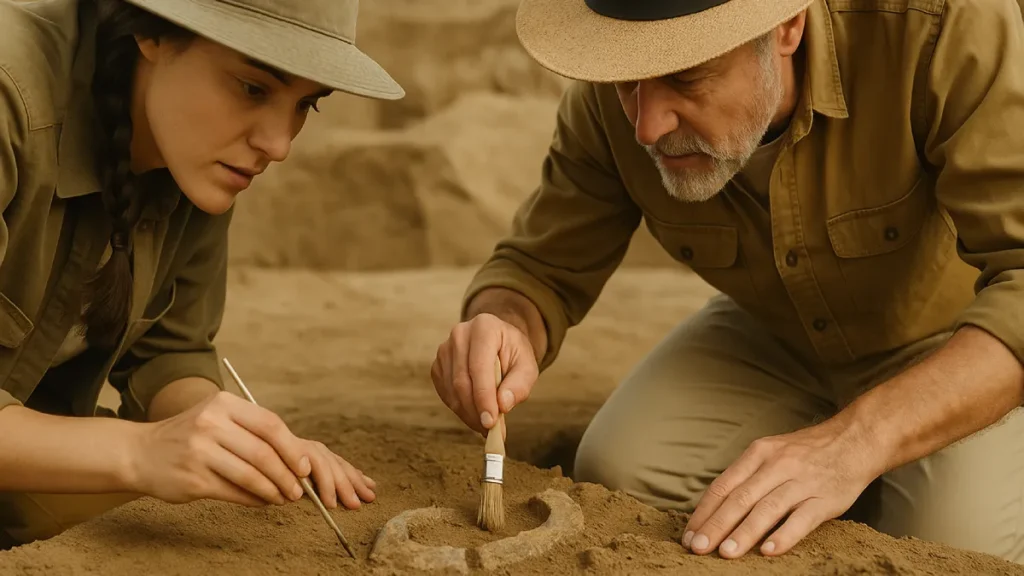
Ever wondered why you’re so curious about what others do behind closed doors? That burning desire to know if your quirks are “normal” or if others share your experiences isn’t just nosiness, it’s hardwired into your brain.
Your Brain on Curiosity
When something piques your curiosity, like wondering how many people actually fold (rather than scrunch) their toilet paper, your brain enters what scientists call the “curiosity state.” First, the parts of your brain sensitive to discomfort light up. This mild discomfort signals that you’re lacking knowledge you want to have.
Then something remarkable happens: your learning and memory centres kick into high gear. You’re now primed to absorb and remember information more effectively than usual. But the real magic comes next.
As you satisfy your curiosity, your brain floods with dopamine, the same reward chemical released when you eat chocolate or have sex. That’s right, your brain literally rewards you for learning new things about the world and the people in it.
Why We’re Especially Curious About Others
Humans evolved as social creatures, and understanding others was crucial for survival. This explains why we have such strong “empathic curiosity”, the drive to know what others think, feel, and do.
When early humans understood their tribemates better, they formed stronger bonds and cooperated more effectively. Those who were curious about others had an evolutionary advantage over those who weren’t.
Today, this translates into our fascination with how we compare to others. Are our habits common? Are our struggles shared? Is what we’re experiencing “normal”?
The Isolation of Not Knowing
Many of us face challenges, have unusual habits, or experience situations we don’t discuss openly. This creates an information gap, and information gaps are precisely what trigger our curiosity circuits.
The problem is that social taboos often prevent us from closing these gaps. We don’t ask our friends about their most private habits or experiences. Social media certainly doesn’t show the unfiltered reality of human experience.
This leaves us in an uncomfortable position: intensely curious but unable to satisfy that curiosity through normal social channels.
How It’s Personal FYI Feeds Your Curious Brain
This is exactly why we created It’s Personal FYI. We’ve built a safe space where you can:
- Satisfy your natural curiosity about what others really think and do
- Experience that dopamine reward when you learn you’re not alone
- Gain perspective on where your experiences fit in the spectrum of human experience
When you answer our questions and see how others have responded, you’re not just satisfying idle curiosity, you’re engaging in a fundamentally human activity that your brain is designed to reward.
Your Anonymity Is Our Priority
We collect your email address so we can send you updates after you complete our questionnaire. We do ask for general demographic information like birth year, gender, and income range, this helps us understand patterns in the responses. We never ask for your name, address, or exact date of birth. Your personal identity remains anonymous and is never connected to your answers. Your curiosity drives our insights, not who you are.
Ready to satisfy your curiosity and see how you compare to others? Your brain will thank you.
